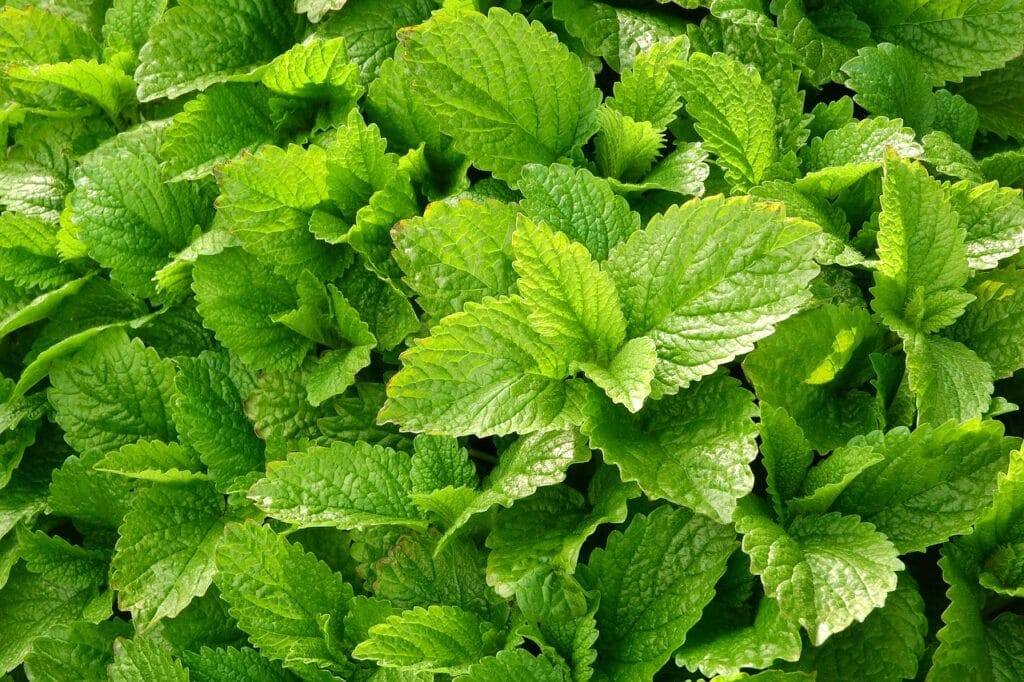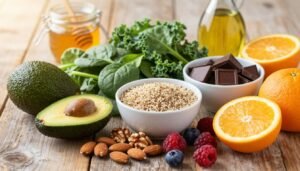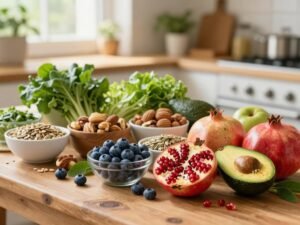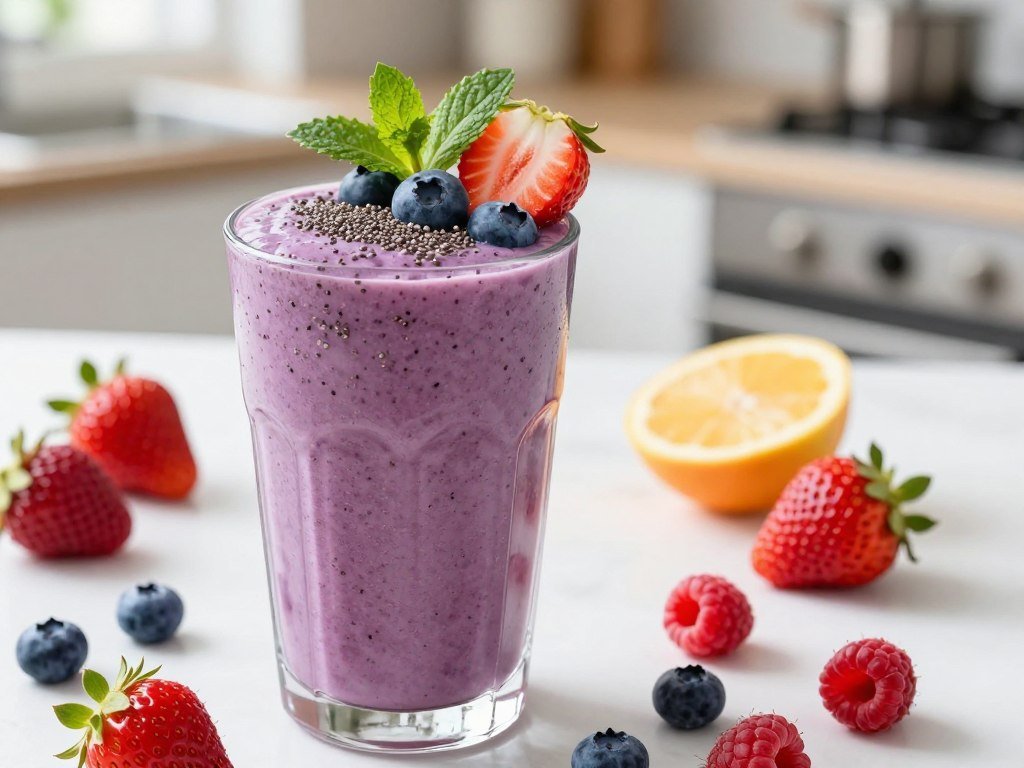As an Amazon Associate I earn from qualifying purchases.
15 Herbal Plants For Health Benefits
15 powerful herbal plants with amazing health benefits to naturally boost wellness, immunity, and vitality.
List of Herbal Plants:
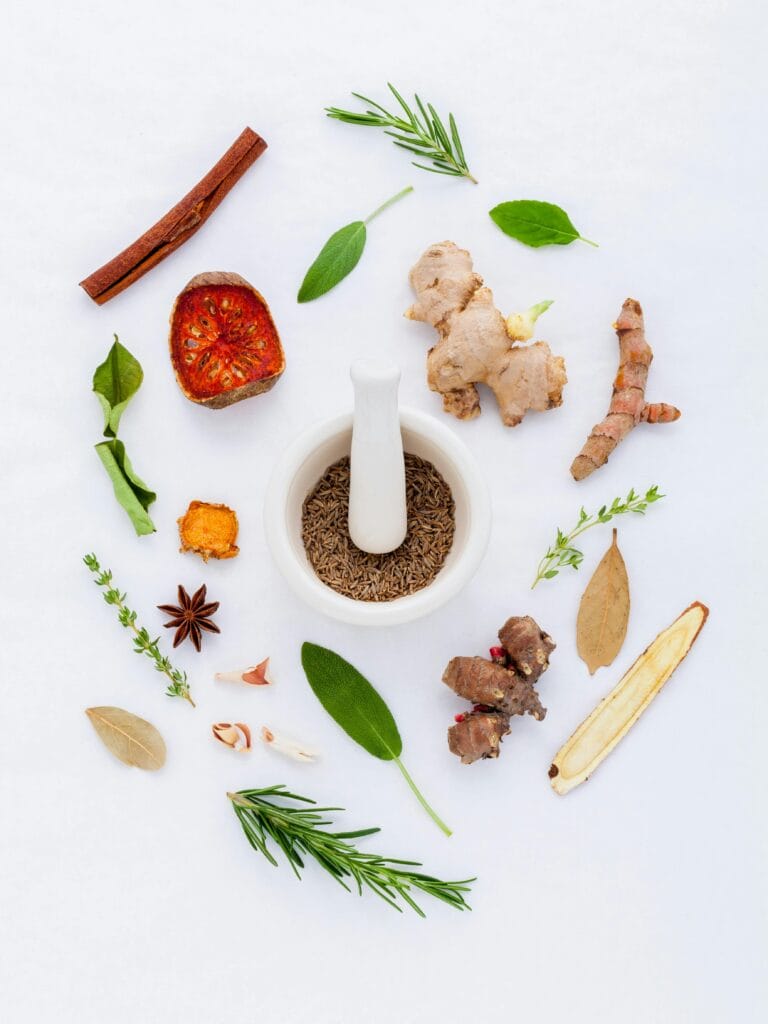
1. Turmeric (Curcuma longa)
- Contains curcumin, which has powerful anti-inflammatory and antioxidant properties.
- Helps with digestion, joint pain, and brain function.
- Health Benefits:
- Contains curcumin, a powerful anti-inflammatory compound.
- Supports joint health and helps with arthritis pain.
- Boosts brain function and may reduce the risk of Alzheimer’s.
- Aids digestion and supports liver health.
- How to Use:
- Add to curries, soups, or smoothies.
- Take as a supplement or drink turmeric tea.
2. Ginger (Zingiber officinale)
- Aids digestion, reduces nausea, and fights infections.
- Known for its anti-inflammatory effects.
- Health Benefits:
- Helps relieve nausea and motion sickness.
- Aids digestion and reduces bloating.
- Has anti-inflammatory effects that help with muscle pain and arthritis.
- How to Use:
- Make ginger tea or add fresh ginger to dishes.
- Take as a supplement or use ginger essential oil for aromatherapy.
3. Peppermint (Mentha piperita)
- Helps with digestion, relieves headaches, and reduces muscle pain.
- Acts as a natural decongestant.
- Health Benefits:
- Relieves digestive issues like bloating, gas, and indigestion.
- Soothes headaches and muscle pain.
- Has a cooling effect and helps with nasal congestion.
- How to Use:
- Drink peppermint tea for digestion.
- Apply peppermint oil to relieve headaches and muscle pain.
4. Aloe Vera (Aloe barbadensis miller)
- Soothes skin irritations, burns, and wounds.
- Supports digestion and boosts immunity.
- Health Benefits:
- Soothes burns, wounds, and skin irritations.
- Supports digestion and helps with constipation.
- Boosts the immune system.
- How to Use:
- Apply fresh aloe gel to the skin for burns.
- Drink aloe vera juice in moderation for digestion.
5. Garlic (Allium sativum)
- Strengthens the immune system and lowers blood pressure.
- Has antibacterial and antiviral properties.
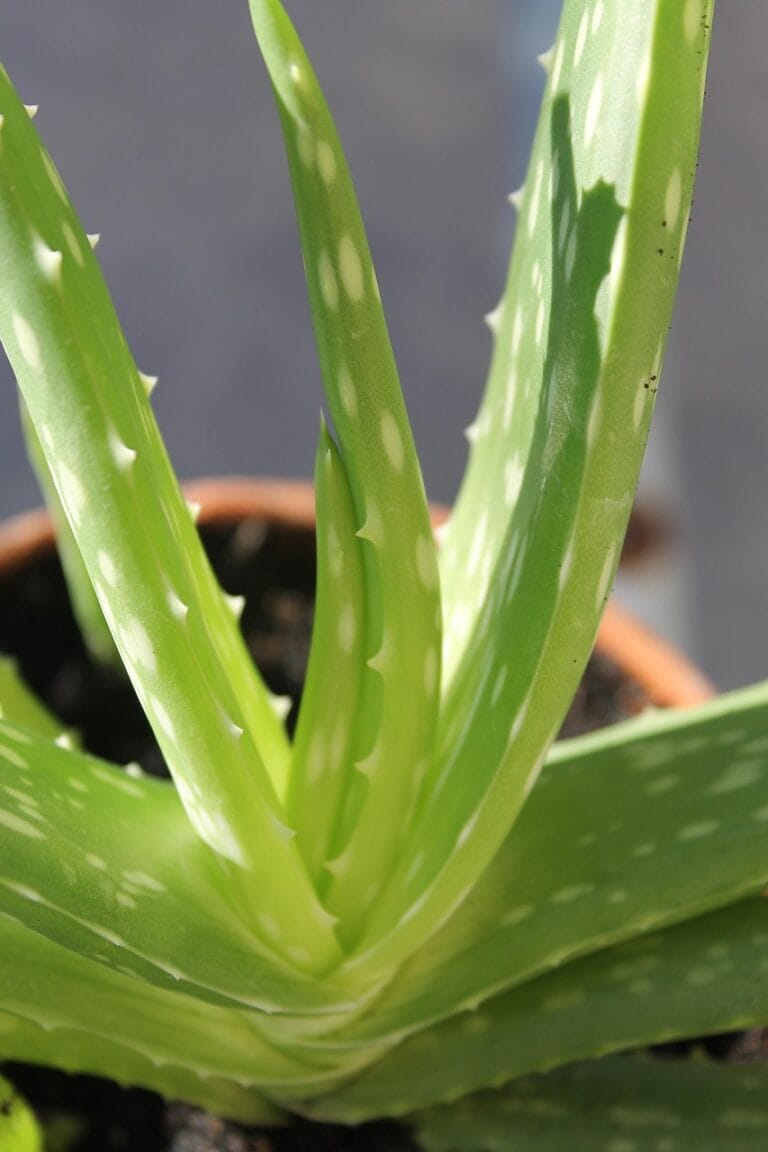
- Health Benefits:
- Helps relieve nausea and motion sickness.
- Aids digestion and reduces bloating.
- Has anti-inflammatory effects that help with muscle pain and arthritis.
- How to Use:
- Make ginger tea or add fresh ginger to dishes.
- Take as a supplement or use ginger essential oil for aromatherapy.
6. Basil (Ocimum basilicum)
- Contains antioxidants and reduces stress.
- Supports heart health and digestion.
- Health Benefits:
- Contains powerful antioxidants that protect cells.
- Supports heart health and reduces stress.
- Aids digestion and has antibacterial properties.
- How to Use:
- Add fresh basil to salads, soups, and pasta dishes.
- Drink basil tea for relaxation.
7. Ashwagandha (Withania somnifera)
- Reduces stress and anxiety.
- Boosts energy levels and enhances brain function.
- Health Benefits:
- Reduces stress and anxiety by balancing cortisol levels.
- Improves energy levels and mental clarity.
- Supports adrenal and thyroid health.
- How to Use:
- Take ashwagandha powder or capsules.
- Mix the powder with warm milk or tea.
8. Chamomile (Matricaria chamomilla)
- Promotes relaxation and improves sleep.
- Helps with digestion and relieves menstrual pain.
- Health Benefits:
- Promotes relaxation and improves sleep.
- Helps with digestion and relieves bloating.
- Reduces menstrual pain and muscle cramps.
- How to Use:
- Drink chamomile tea before bed for better sleep.
- Use chamomile essential oil in aromatherapy.

9. Echinacea (Echinacea purpurea)
- Boosts the immune system.
- It helps fight colds and infections.
- Health Benefits:
- Boosts the immune system and fights colds.
- Reduces inflammation and promotes faster recovery.
- How to Use:
- Take echinacea tea or supplements when feeling sick.
- Use echinacea extract for immune support.
10. Lemon Balm (Melissa officinalis)
- Reduces stress and anxiety.
- It supports digestion and improves sleep.
- Health Benefits:
- Reduces stress and anxiety.
- Supports digestion and relieves nausea.
- Improves sleep quality.
- How to Use:
- Drink lemon balm tea for relaxation.
- Apply lemon balm extract to cold sores for faster healing
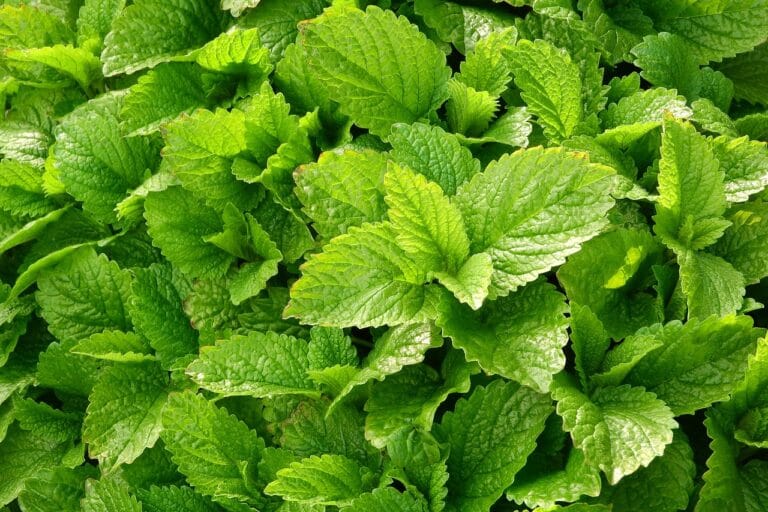
11. Rosemary (Rosmarinus officinalis)
- Enhances memory and concentration.
- Supports digestion and reduces inflammation.
- Health Benefits:
- Improves memory and concentration.
- Reduces inflammation and supports digestion.
- How to Use:
- Use fresh rosemary in cooking.
- Inhale rosemary essential oil to boost focus.
12. Thyme (Thymus vulgaris)
- Has antibacterial and antifungal properties.
- Supports respiratory health and digestion.
- Health Benefits:
- Has antibacterial and antifungal properties.
- Supports respiratory health and relieves coughs.
- How to Use:
- Drink thyme tea for sore throats and coughs.
- Add thyme to meals for flavor and health benefits.
13. Fenugreek (Trigonella foenum-graecum)
- Helps control blood sugar levels.
- Supports digestion and boosts milk production in breastfeeding mothers.
- Health Benefits:
- Helps control blood sugar levels.
- Supports digestion and reduces acid reflux.
- How to Use:
- Drink fenugreek tea or take supplements.
- Add fenugreek seeds to food.
14. Ginseng (Panax ginseng)
- Boosts energy levels and improves brain function.
- Strengthens the immune system.
- Health Benefits:
- Boosts energy levels and reduces fatigue.
- Improves brain function and concentration.
- Supports immune health.
- How to Use:
- Drink ginseng tea or take capsules.
- Use ginseng powder in smoothies.
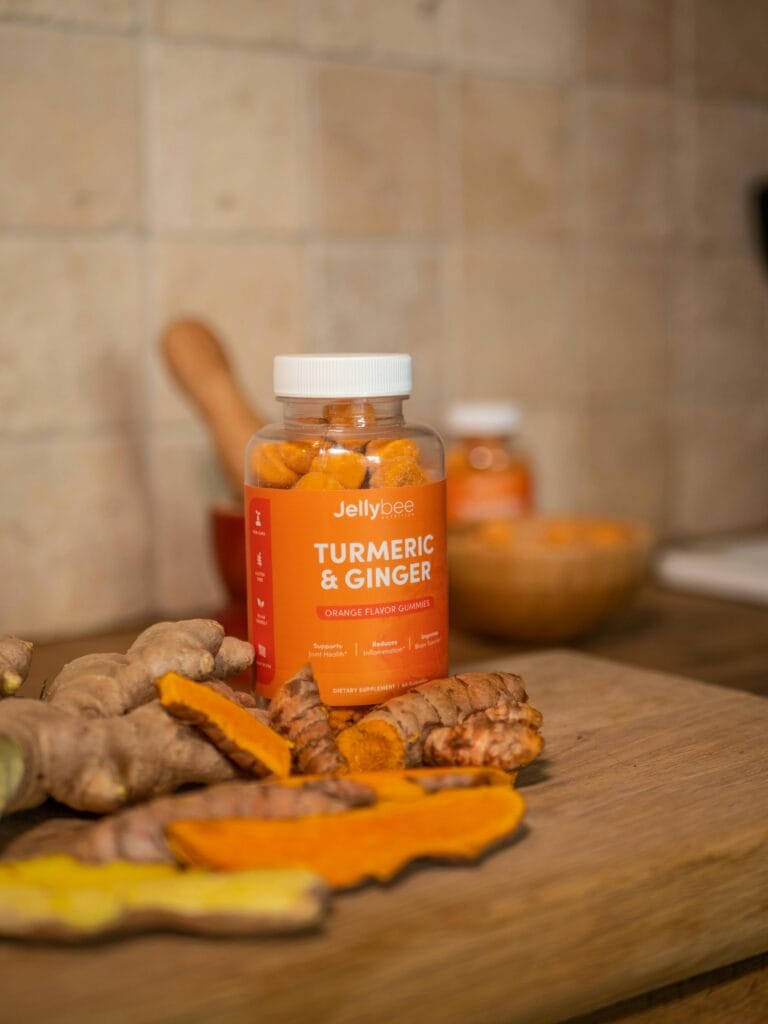
15. Dandelion (Taraxacum officinale)
- Supports liver health and digestion.
- Rich in antioxidants and helps detoxify the body.
- Health Benefits:
- Supports liver health and detoxification.
- Aids digestion and promotes healthy skin.
- How to Use:
- Drink dandelion tea for liver support.
- Eat fresh dandelion greens in salads.
Herbal Remedies Summary
1. For Digestion Problems (Bloating, Gas, Indigestion)
- Ginger Tea: Helps with digestion, bloating, and nausea.
- Peppermint Tea: Relieves gas and soothes the stomach.
- Chamomile Tea: Calms the stomach and reduces inflammation.
- Thyme Tea: Helps with indigestion and gut health.
How to Use:
- Boil fresh ginger, peppermint, chamomile, or thyme leaves in water for 5-10 minutes. Drink after meals.
2. For Stress and Anxiety
- Ashwagandha Capsules or Tea: Reduces cortisol levels and promotes relaxation.
- Lemon Balm Tea: Calms the mind and relieves anxiety.
- Chamomile Tea: Promotes relaxation and helps with stress relief.
How to Use:
- Drink 1-2 cups of herbal tea daily or take ashwagandha supplements.
3. For Better Sleep (Insomnia)
- Lemon Balm Tea: Reduces anxiety and promotes restful sleep.
- Ashwagandha Powder in Warm Milk: Helps with deep sleep and relaxation.
How to Use:
- Drink tea 30 minutes before bedtime.
.
4. For Cold, Cough, and Flu
- Echinacea Tea or Supplements: Boosts immunity and fights infections.
- Thyme Tea: Clears mucus and soothes the throat.
- Garlic (Raw or in Tea): Natural antibiotic and fights colds.
- Rosemary Tea: Opens airways and helps breathing.
How to Use:
- Drink herbal teas 2-3 times a day when sick.
- Crush fresh garlic and mix with honey for quick relief.
.
5. For Headaches and Migraines
- Peppermint Oil (Topical or Tea): Relieves tension headaches.
- Rosemary Tea: Improves blood circulation to the brain.
- Ginger Tea: Reduces migraine pain and nausea.
How to Use:
- Drink tea at the first sign of a headache.
- Apply peppermint oil to temples for relief.
6. For Joint Pain and Inflammation (Arthritis)
- Turmeric with Black Pepper (Tea or Capsules): Reduces inflammation.
- Ginger Tea: Relieves joint pain and stiffness.
- Rosemary Oil (Massage): Soothes sore muscles.
How to Use:
- Drink turmeric or ginger tea daily.
- Massage joints with rosemary oil.
7. For Heart Health (Blood Pressure & Cholesterol)
- Garlic (Raw or Capsules): Lowers blood pressure and cholesterol.
- Basil Tea: Supports heart health.
- Turmeric Tea: Prevents heart disease.
How to Use:
- Eat raw garlic or take capsules daily.
- Drink basil or turmeric tea regularly.
8. For Weight Loss & Metabolism Boost
- Fenugreek Water (Soaked Overnight): Helps burn fat and controls appetite.
- Ginger & Lemon Tea: Boosts metabolism.
- Dandelion Tea: Reduces water retention and detoxifies the body.
How to Use:
- Drink fenugreek water in the morning on an empty stomach.
- Have ginger or dandelion tea before meals.
9. For Skin Health (Acne, Rashes, Glowing Skin)
- Aloe Vera Gel: Heals acne and hydrates skin.
- Turmeric Paste (With Honey): Reduces pimples and inflammation.
- Dandelion Tea: Detoxifies skin and prevents acne.
How to Use:
- Apply aloe vera gel to the skin daily.
- Drink dandelion tea for detox benefits.
10. For Energy & Brain Function
- Ginseng Tea: Boosts energy and mental focus.
- Rosemary Tea: Improves memory and concentration.
- Turmeric & Black Pepper Tea: Enhances brain function.
How to Use:
- Drink ginseng or rosemary tea in the morning for mental clarity.
healthlifeblog2@gmail.com
January 19, 2026
Amazon and the Amazon logo are trademarks of Amazon.com, Inc or it's affiliates.
Related Posts
- The Benefits of Yoga
The Benefits of Yoga Discovering Mindfulness and Flexibility Yoga, once considered a niche practice, has…
- Probiotic Foods Boost Digestive Health
Probiotic Foods Boost Digestive Health Healthy Gut Microbiome Introduction: The Importance of Gut Health Your…
- Positivity Its Impact on Health
Positivity and Its Impact on Health Positivity: The Path to a Healthy Lifestyle and Overcoming…

